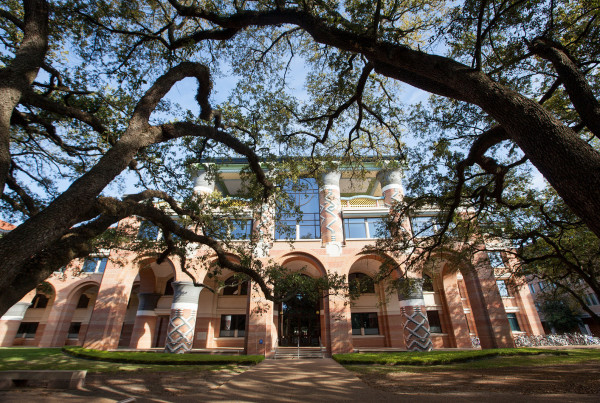President Barack Obama delivered his final State of the Union Address this week – and yet still there are those in this country who would argue he was never eligible to be president.
These so-called “birther” arguments are now haunting GOP Presidential hopeful Ted Cruz, who was born in Canada to an American mother and a Cuban father. Cruz says it’s a non-issue, but one particularly outspoken opponent disagrees.
“It’s wrong to say it is a settled matter because it’s absolutely not. It’s not a settled matter,” said another GOP hopeful, Donald Trump at a recent New Hampshire stop. “That means a lot of people think you have to be born here.”
It’s pretty much a sure bet that this’ll come up again at tonight’s GOP debate. So what’s the truth here? The Constitution says the president must be a “natural-born citizen.” Last month, Texas A&M law professor Lynne Rambo explained it this way:
“I think Senator Cruz has the better hand on that because a natural-born citizen, while it can’t be ascertained with certainty, as it was used at the time of the Constitution, included a person who was born on foreign soil who was an offspring of a U.S. citizen,” Rambo said. “So there’s two references around the time the Constitution was written that refer specifically to natural-born citizens like Senator Cruz is.”
Does that means it’s settled? No, says Mary Brigid McManamon, professor of law at Widener University’s Delaware School of Law.
“The Supreme Court directs us to interpret the Constitution when it has a common law term by looking to the common law,” McManamon says. “The common law makes it very clear that a natural-born citizen is one born within the territory of the United States.”
Cruz was born in Canada, so he wouldn’t meet that standard, she says.
This is a contentious area among scholars, but McManamon says that’s because scholars in the 20th and 21st centuries haven’t done their homework.
The founding fathers based the Constitution of the United States on England’s government and their common law.
“So the question is when the framers of our constitution used the phrase ‘natural-born citizen,’ were they talking about the common law, which meant even if your parents were English you still have to be naturalized, or were they talking about these very radical 18th century statutes,” McManamon says.
The 18th century statutes said if you’re born abroad you are already a natural-born subject.
So who has the final say in the matter? McManamon says the Supreme Court would be responsible for interpreting the Constitution’s intent, but it depends on whether someone sues on the issues or not.
Listen to the full interview in the audio player above.















